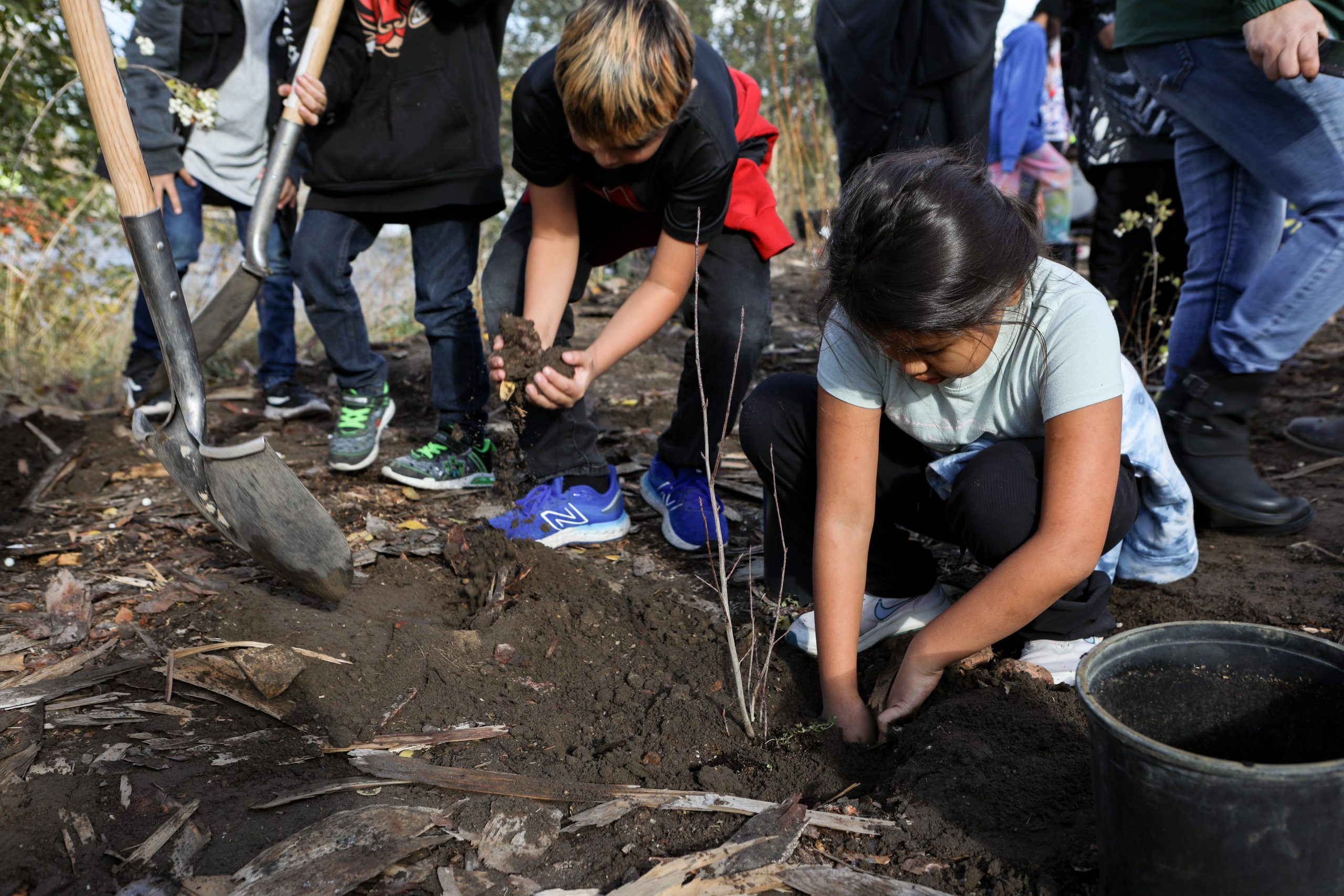What are the rules of engagement for guests on Secwépemc territory?
Hereditary Matriarch Miranda Dick and her father, hereditary Chief Saw-ses, publish Free Prior and Informed Consent Protocol.

Hereditary leadership from the Secwépemc Nation recently published protocol that can be used as “guidelines for how to conduct yourself while on the land,” says hereditary Matriarch Miranda Dick.
When extractive industry, allies, honoured guests or supporters enter any Indigenous territory it comes with a responsibility to honour the knowledge of the Indigenous Peoples.
Dick developed the Secwépemc Free Prior and Informed Consent Protocol with her father, Secwépemc hereditary Chief Saw-ses, with support from her lawyer, Anushka Azadi. She says it’s been years in the making, culminating in five days of writing, reflecting and revising before it was shared on Facebook earlier this month.
“We, the Secwépemc People, know what’s best for the territory and the lands, whether it’s dealing with watershed protected areas, gathering or fishing sites,” says Dick.
By publishing protocol, Dick says they are legitimizing the hereditary family structure and enacting its authority.
Transmountain and other extractive industries have now been ‘put on notice’
“[We are] dealing with the non-government organizations coming into our territory and causing a lot of destruction in their path of money,” Dick says.
She names the Trans Mountain Pipeline project specifically.
“Trans Mountain has broken almost every protocol ever set forward. So that’s us putting them on notice as well,” she says.
Dick stands accused of being in civil contempt of a court-ordered injunction granted to Trans Mountain on June 1, 2018. She’s due to appear in B.C. Supreme Court along with seven other arrestees in August. They will be representing themselves and are raising funds to cover basic costs (e.g. gas money and accommodation for witnesses) through a GoFundMe campaign.
Dick says that the FPIC protocol will serve as another supporting document in this case as they seek to ask Canada to justify its claims to jurisdiction over the land without title.
“That’s us putting [Canada] on notice as well,” Dick says. “It’s not just extractive industry, it’s Canada and their acts of genocide against Indigenous Peoples. So we have to put our foot down at the same time and enacting that is the main key.”
This protocol can be used by other nations
While Dick developed the protocol in part as a response to Trans Mountain, she says the question at the heart of it is: “How can we, in relation, care for mother earth and the water with protocols that come with the territories?”
And this “can be taken and adapted to anywhere,” she says. “The reason why we left it really open-ended is so it could be used in other territories with those base fundamentals.”
She points to the escalating tensions at Fairy Creek, where IndigiNews has been on the ground reporting on mass arrests of old growth defenders and their concerns about RCMP officers’ conduct as they enforce a court-ordered injunction
“So take Fairy Creek, where they have a large number of Indigenous Peoples on the island,” Dick says. “At the same time, they have non-Indigenous almost leading the forefront of that, [but] then you see most of the arrestees are Indigenous.
“That’s been part of the issue,” she says.
As stated in the FPIC protocol (see #11), what one does affects the greater whole, and that’s a message Dick says she really hopes people will take to heart.
“What you do in the Secwépemc Nation affects everyone. Everything is connected and family is the governance systems of the Nation. You are responsible to the Secwépemc Nation for everything you say, do and decide,” the FPIC protocol states.
Author
Latest Stories
-
‘Bring her home’: How Buffalo Woman was identified as Ashlee Shingoose
The Anishininew mother as been missing since 2022 — now, her family is one step closer to bringing her home as the Province of Manitoba vows to search for her
-
Amid climate impacts, leading Secwépemc firekeeper shares ‘a better way of looking after the land’
In a time of worsening wildfires, Joe Gilchrist says cultural burning ‘needs to be multiplied hundreds of times’ — returning to Indigenous stewardship












